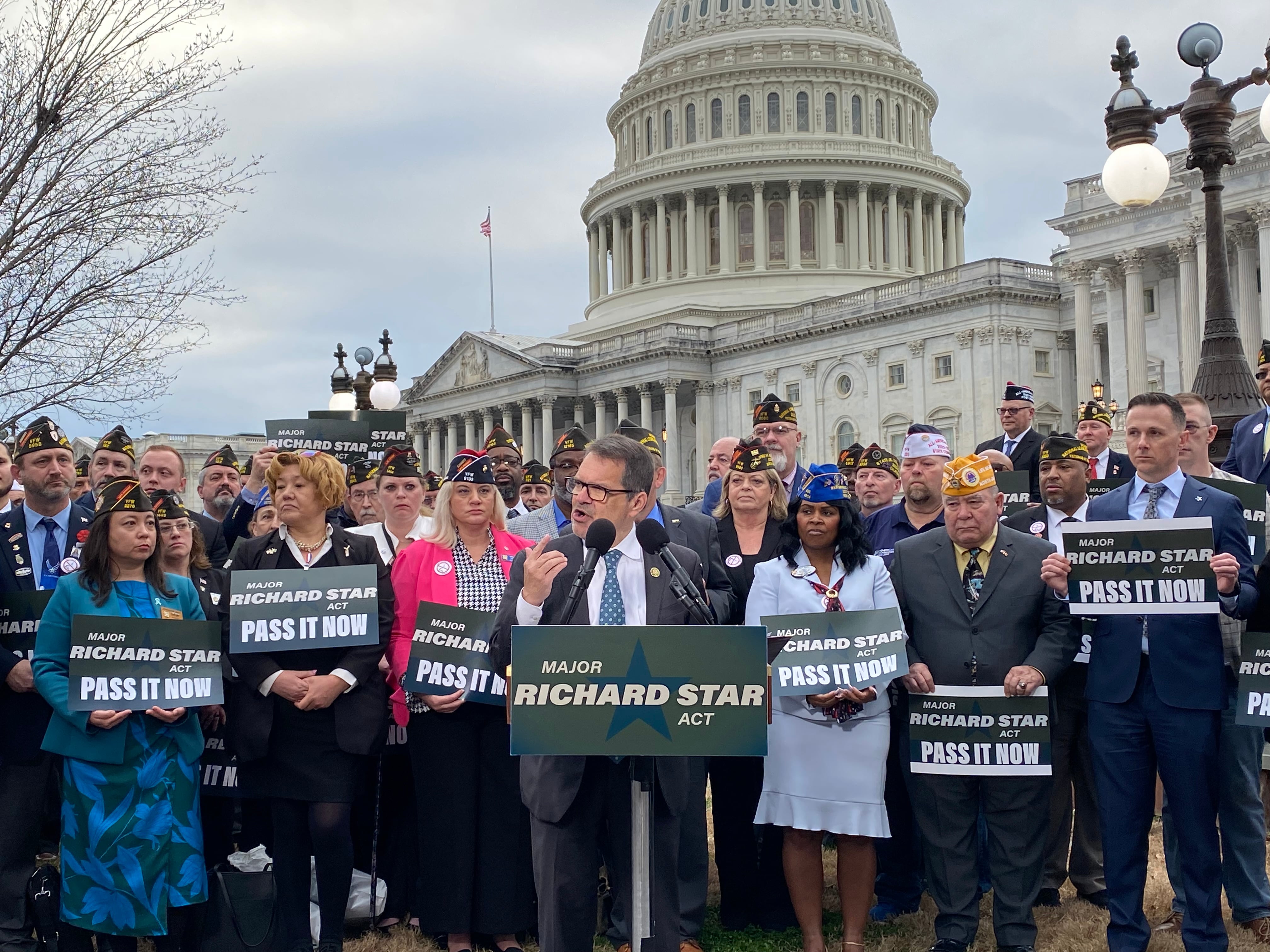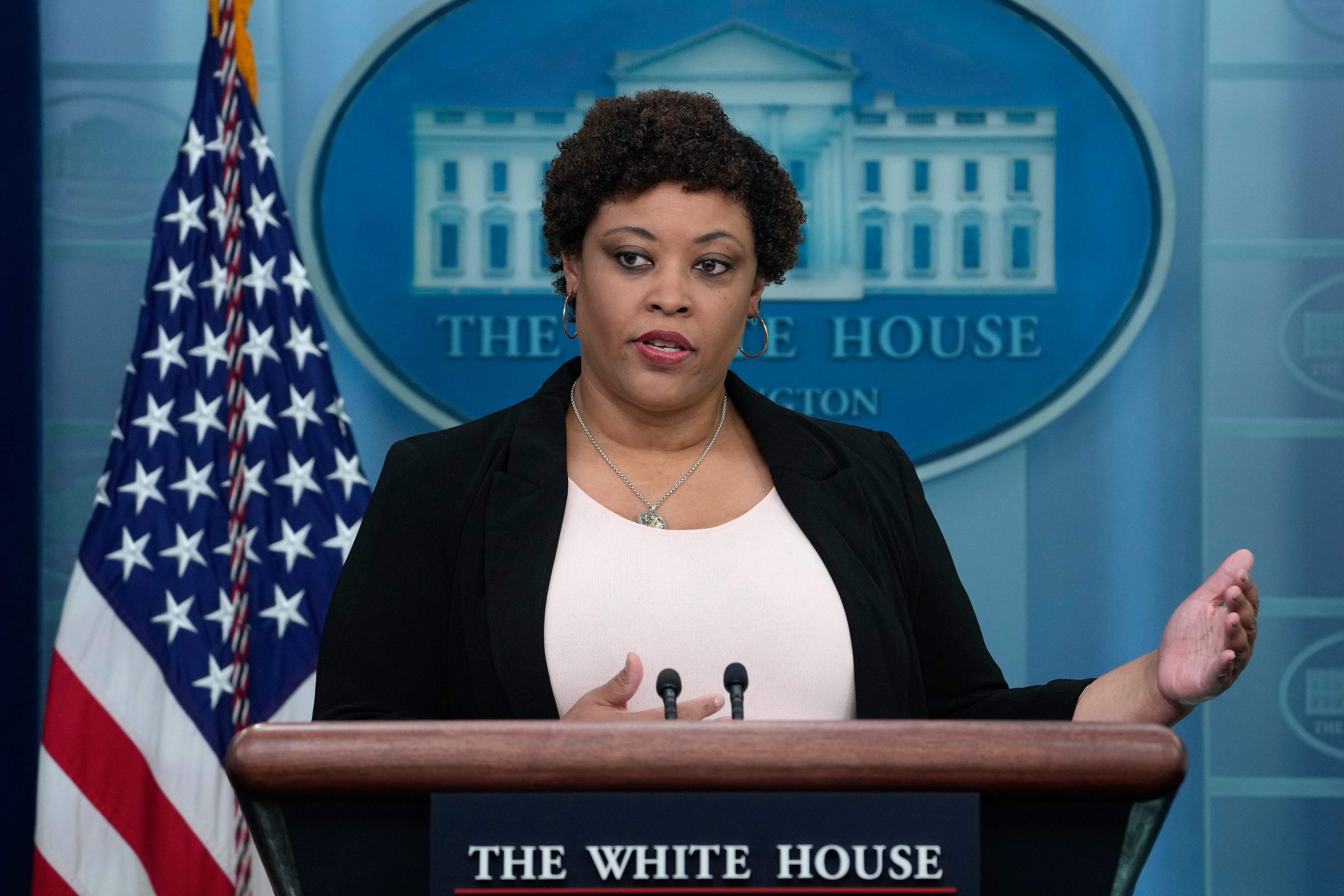Lawmakers finalized the government’s current fiscal year budget over the weekend, but not before they started worrying about the impact of veterans spending on next year’s funding package.
Ahead of the last-minute work on their final fiscal 2024 appropriations package, Republicans and Democrats sparred last week over potential future changes to how the Department of Veterans Affairs’ budget is handled, and whether inaction could tank any planned reforms for its operations.
At issue is the department’s Toxic Exposures Fund, created as part of the 2022 PACT Act to help cover the costs of the sweeping expansion of medical care and disability benefits in the legislation.
The administration has asked for $24.5 billion in TEF money for fiscal 2025, up from $20.2 billion this year. It represents more than 10% of all department mandatory spending, and is projected to continue at that size for years to come.
RELATED

The fund was at the center of Republican objections to the PACT Act’s passage two years ago and continues to be problematic in crafting veterans legislation because of House rules that require spending offsets.
On several occasions over the last year, Congressional Budget Office planners have said that proposed legislation seemingly unrelated to the toxic exposure benefits could still trigger new mandatory spending related to the TEF. Under House GOP rules, that means that lawmakers must find other savings to counteract those appropriations increases.
House Veterans’ Affairs Committee Chairman Mike Bost, R-Ill., said that problem has stymied a host of panel business this session, sidelining reforms that would help veterans because of the funding implications. He has proposed a plan shifting the money to discretionary accounts and placing caps on the spending.
“If we don’t fix it, the Congressional Budget Office has assured us that this problem will continue to plague the next chairman and future committee members when they try to legislate,” he said at a hearing on the issue on March 21. “That’s a disservice to every single veteran, caregiver and survivor.”
But Democratic lawmakers accused him of working to undermine the fund and the insurance it provides to veterans receiving toxic exposure benefits. They said that changes can be made in chamber rules and scoring practices to get around the budgetary accounting issues, instead of potentially damaging changes to the TEF.
“We made a promise through the PACT Act to our veterans that they will have access to health care for conditions related to toxic exposure,” committee ranking member Mark Takano, D-Calif., said in response to Bost’s plan. “The Cost of War Toxic Exposure Fund is the mechanism through which we are ensuring that promise is kept, for this generation and for future ones as well.”
Takano also accused Republicans of looking to water down or reverse portions of the PACT Act through the proposed changes, a suggestion that drew the ire of multiple GOP members of the panel.
For their part, Republican members blasted Democrats on the committee for refusing to engage with the problem, and accused them of simply leaving the issue for future administrations to solve.
VA officials have so far opposed significant changes to the fund. VA Chief Financial Officer Jon Rychalsk testified before the committee that shifting the appropriations between mandatory and discretionary accounts could have “unintended consequences that may adversely affect veterans.”
But department officials also acknowledged the accounting problems without offering a funding fix.
For now, Bost’s legislation appears stalled in committee. Even if it were to pass out of the House, it is unclear whether Senate officials would act on the issue.
However, with VA spending expected to top $350 billion in total appropriations next year, and with the TEF expected to continue to add to the mandatory spending requirements for the department, Republican lawmakers have promised to continue pressing the issue.
“We are responsible for authorizing programs and services for all veterans so that they can get the care and benefits they have earned,” Bost said. “In order to carry that, we need to get these handcuffs off.”
House and Senate appropriators are expected to finalize plans on the VA budget for fiscal 2025 over the next few months. The new fiscal year starts on Oct. 1.
Leo covers Congress, Veterans Affairs and the White House for Military Times. He has covered Washington, D.C. since 2004, focusing on military personnel and veterans policies. His work has earned numerous honors, including a 2009 Polk award, a 2010 National Headliner Award, the IAVA Leadership in Journalism award and the VFW News Media award.










